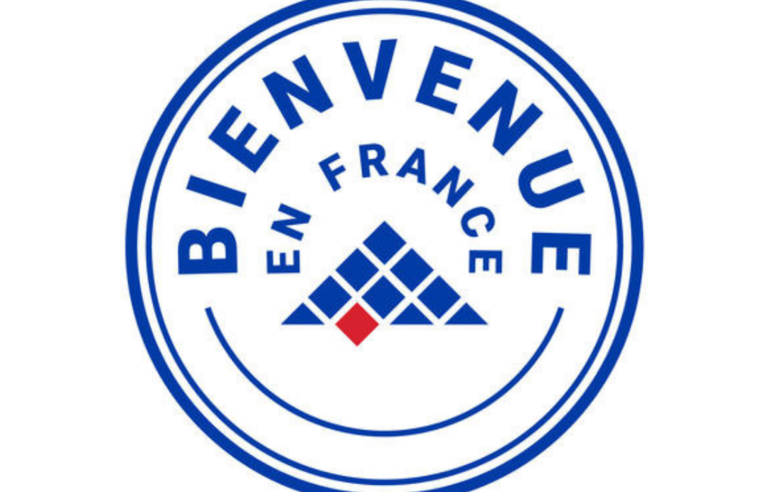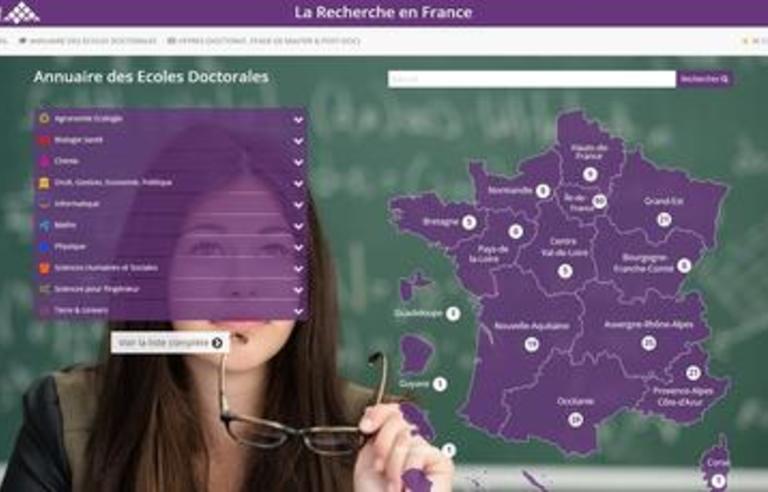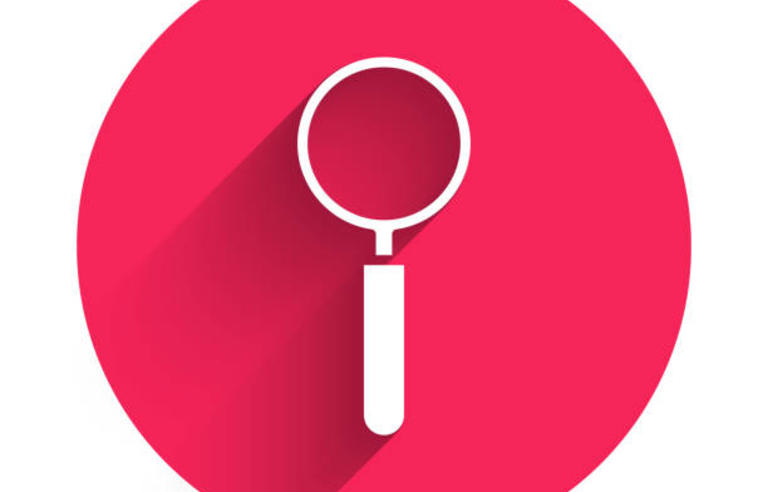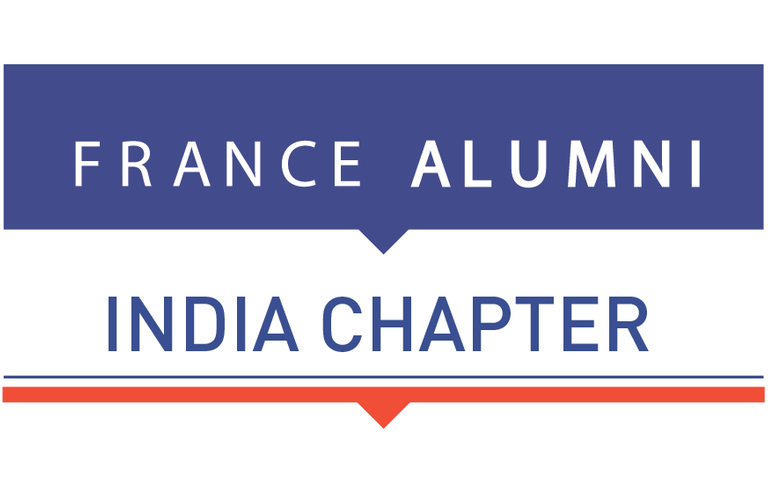Getting around in France

Étudiants, chercheurs —
In France, you have plenty of options to travel: public transport, bicycles, or cars. And as a student, you can enjoy discounted passes to make commuting more affordable!
PUBLIC TRANSIT
In most French cities, public transportation generally involves buses and tramways. The networks are usually dense in the town centre, and easy to take. Don't hesitate to ask other students about timetables and stops. Transport companies often have an office on campus where you can sign up for the monthly or yearly pass when the school year starts.
With 16 lines, the Paris Metro is one of the most extensive in the world. It operates until 1:00 am on weekdays and until 2:15 am on Fridays and Saturdays. Later, the Noctilien night bus lines operate from 12:30 a.m. to 5:30 a.m. Outside of Paris, five other French cities have metro lines: Marseille, Lille, Lyon, Rennes and Toulouse. You will often find automatic tellers at metro stations and tram stops where you can buy tickets or passes.
Good deals for public transport
Students under the age of 26 are eligible for special fares when subscribing to public transport. To access these fares, you usually have to present your student card or identity card at the time of subscription.
In Paris and Île-de-France
- The Imagine'R card:is a special pass reserved for students who live in Île-de-France, which allows unlimited travel throughout this region for less than 385 euros per year.
- For more information about public transport, visit the site of the RATP (Parisian Transport Authority).
In some cities, public transportation is now free of cost for all inhabitants.
TAKING THE TRAIN
Getting from Paris to Lille or Lyon to Marseille in one hour? It's possible by TGV (Train à Grande Vitesse - High Speed Train). Even London is just a three hour ride from Paris. France has one of the most effective rail networks in the world, managed by the SNCF (Société Nationale des Chemins de Fer français – French National Railway Company). With its mobile application you can easily book and save on-screen tickets.
Good deals when travelling by train
- Billets Prem's: are budget- friendly tickets that go on sale up to 3 months before the departure dates, on regular lines only.
- Ouigo trains:are low-cost trains that go to remote stations which are still connected to public transportation.
- The troc des trains: is an authorised train ticket resale site, for you can find cheap, last-minute affordable ticket deals.
- The carte Jeune: is reserved for young people under 28 years of age. It costs 50 euros per year and gives you a discount of at least 25% off all trains.
- The TGV Max subscription: is available for individuals under the age of 28, which offers unlimited TGV travel for a monthly fee of 79 euros, with certain conditions applied.
- The Pass Interrail: is a single ticket that lets you travel freely by train in over 30 countries in Europe.
GOING BY BUS
Coaches provide an affordable way to travel to a wide range of destinations across France and Europe. Unlike trains, fares remain low even at the last minute. Nowadays coaches are equipped with reclining seats, Wi-fi, electric sockets, ensuring comfort and convenience during long journeys. Tickets can be booked through companies such as Blabla Cars or Flixbus or compare fares on Comparabus.
SELF-SERVICE BIKES
Vélib’ in Paris, Vélov’ in Lyon and Vélo Bleu in Nice: most big French cities have a self-service bicycle rental scheme. The simplest way to use them is by purchasing an annual subscription, which typically costs between 15 to 30 euros.
Since September 1, 2023, e-scooters in "free-floating mode" have been banned in Paris. However, you can still rent an electric scooter from a physical store, where they must be returned during business hours. A deposit may be required and rental fees are charged on an hourly or daily basis. Protective gear and riding tips are typically provided as well.
TAXIS
In France, taxis are safe and reliable. Don't hesitate to use them to get around!
The fares are strictly regulated and tend to be higher than the international average. For example, a trip across Paris will cost around 30 euros. All taxis are required to have a meter that accurately calculates the fare for your journey.
If there is no meter, it is likely an unauthorized taxi: make sure you avoid these!
Suggestions when travelling by taxi
- The shared taxi: developed by the G7 taxi company to compete with app-based taxis (VTC - Véhicule de Tourisme avec Chauffeur ), allows passengers heading to the same destination to share a ride together. The fare for the trip is set in advance and does not change, regardless of the final number of people in the taxi
- App-based taxi (VTC): many mobile applications allow you to travel around in VTC offering lower rates than taxis. On the other hand, applications that enable individuals to offer taxi services are illegal and prohibited in France.
TRAVELLING BY PLANE
There are more than 30 airports connecting the different cities in France. From Paris Orly or Paris Charles de Gaulle, you can get to Nice, Toulouse, Lyon, Marseille, Strasbourg and Bordeaux in just over an hour!
France has several low cost airlines,including Transavia and Hop!, both subsidiaries of Air France, specialised in domestic flights. Additionally, Air France also offers affordable travel options like the Youth Pass for those aged 12-24 and the Weekend Pass.
DRIVING IN FRANCE
Some things to know if you want to go this route: in France, you drive on the right side of the road with the steering wheel on the left side of the passenger cabin. Seatbelts are mandatory, even for passengers sitting at the back, and using a mobile phone while driving is strictly prohibited. For safety reasons, your car must have a reflective safety jacket, a warning triangle and two breathalyser tests in the car.
Also, for your and everyone's safety, always remember: if you drink, don't drive.
You can drive in France if you have a European driver's licence or an international driver's licence (if you are not European). You can also use your personal vehicle in France. Nonetheless, if you remain in France for more than six months, you must request an international driver's licence and your vehicle must pass the technical inspection for private cars.
Parking in town centres can be challenging at times.If you plan to drive daily, make sure to request for a parking space with your accommodation. If you need to park in the street, the places reserved for local residents let you do so at lower cost.
Ways for travelling by car when you don't have one
- Self-service cars: over 80 French cities have carsharing services via the Citiz network in Paris. They let you rent a car for a very short period, when you are a subscriber.
- Renting from individuals: Drivy and Ouicar put those needing a car in touch with those looking to rent theirs. These rentals have fewer restrictions than rental agencies, in particular when it comes to renting to drivers with a foreign licence.
- Car-pooling: is an economical, sustainable and popular solution in France. It's a great way to get around and will give you the chance to practise your French. The Blablacar app is the most widely used platform for car-pooling in the country, making it easy to connect with fellow travelers.




















